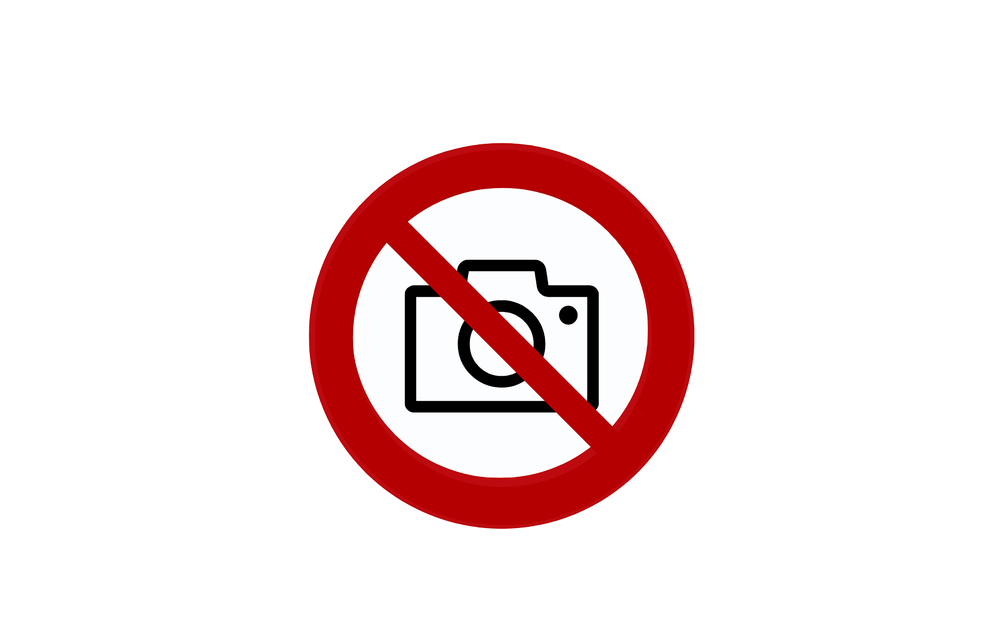 Understanding the Law
Understanding the Law
On April 1, 2022, New Brunswick took a significant step forward in the fight against “revenge porn” with the royal assent of the Intimate Images Unlawful Distribution Act (“IIUDA”). This legislation introduced new civil liabilities in the province, providing comprehensive legal protection for survivors of non-consensual intimate image distribution in today’s digital world.
Criminal and Civil Protections
Distributing pictures without consent is a big crime in Canada: Since 2015, sharing or publishing intimate images without consent has been a crime under section 162.1 of the Criminal Code of Canada. The IIUDA builds on this by establishing civil liability for the same conduct. This means that survivors who opt not to involve law enforcement still have legal recourse through civil claims. They can sue the perpetrator directly and seek monetary compensation for the harm caused. Survivors also have the option to pursue both criminal and civil actions against those who share their intimate images without permission.
What the IIUDA Covers
The IIUDA creates a statutory tort for the unauthorized distribution of intimate images where a person has a reasonable expectation of privacy. Significantly, it also covers threats to distribute such images, treating them with the same seriousness as actual distribution. Under the Act, survivors can be compensated for damages suffered due to these violations.
Quick Action for Removal
One of the IIUDA’s standout features is Section 5, which provides an expedited process for removing intimate images from distribution. Unlike typical tort actions, claimants under this Act do not need to prove damages. They must satisfy the court that:
- The image is an intimate image of the applicant.
- The applicant had a reasonable expectation of privacy concerning the intimate image.
- The respondent distributed or threatened to distribute the intimate image.
If the above criteria are met, the court can issue various orders, including:
- declaring the distribution or threatened distribution of the intimate image to be unlawful;
- order the respondent to make all reasonable efforts to destroy the intimate image in their possession;
- have the intimate image removed from an internet intermediary platform and de-indexed from any search engine;
- award nominal damages to the applicant; and
- provide any other order the court considers appropriate in the circumstances.
This relief is available to survivors without needing to prove that the respondent intentionally shared the image to cause harm.
Other Features
Additionally, the IIUDA introduces a more traditional fault-based tort under Section 6. This allows individuals to seek further damages, including compensatory, aggravated, and punitive damages, which are not available through the expedited process of Section 5.
Importantly, section 10 of the IIUDA automatically imposes a publication ban on applications under section 5 or lawsuits under section 6. This safeguard aims to further promote the goal of the Act by reducing the means by which an intimate image can be distributed. The court must impose a ban on publishing the name of the applicant or plaintiff, or any other details that could reveal their identity. This provision reassures survivors that seeking legal action under the IIUDA will not lead to increased exposure of the images they seek to protect and conceal.
Escaping Liability
A person cannot claim damages if the image was taken in a public place or if they consented to the distribution of the intimate image. If consent is given, it should be clear, unmistakable, and specific about where the images will be shared or posted.
If an individual gives consent for their intimate image to be shared or distributed, but then later retracts this consent, an order will not be granted under the IIUDA. However, section 9 of the IIUDA requires that after a person has revoked their consent and communicated that revocation, the person who distributed the intimate image must make every reasonable effort to make the intimate image unavailable to others. Failure to do so may then result in an application or action under the Act.
Furthermore, if an intimate image is accidentally distributed, shared in the public interest, or shared with a reasonable mistaken belief that there was consent provided, the person who shares the photo will not be held liable. Sharing an intimate image is not considered justified in the public interest simply because the person shown in the image is a famous person or public figure.
Addressing Deepfake Technology
While the IIUDA is a significant advancement in protecting survivors, the rise of deepfake technology presents new challenges. Deepfakes use artificial intelligence to create hyper-realistic but fake images, videos, or audio recordings, making it appear as though someone is saying or doing things they never did.
Encouragingly though, the IIUDA appears to have been drafted with such technological advancements in mind. It defines an “intimate image” broadly enough to encompass deepfake manipulations. The Act defines an “intimate image” as a visual recording of a person, whether or not the person is identifiable and whether or not the image has been altered in any way, made by any means, in which the person is or is depicted as engaging in a sexual act, nude, nearly nude, or showing a private body part.
Future Challenges
The greatest challenge may lie in determining whether a manipulated image constitutes a breach of an individual’s reasonable expectation of privacy. This will be a critical issue for the courts to address as they interpret the Act in light of deepfake technology.
Conclusion
The IIUDA represents a robust legal framework for New Brunswick to combat the non-consensual distribution of intimate images, including those altered by emerging technologies like deepfakes. It remains to be seen how New Brunswick courts interpret and apply this law, therefore it will be crucial to watch how effectively it protects survivors in an evolving digital landscape.
By offering this civil avenue for justice, New Brunswick’s IIUDA marks an essential step toward ensuring that survivors of intimate image abuse have the legal protections and recourse they need in a timely manner. For more information, you may read about privacy violation claims and sexual assault claims or get a free consultation with a lawyer.


